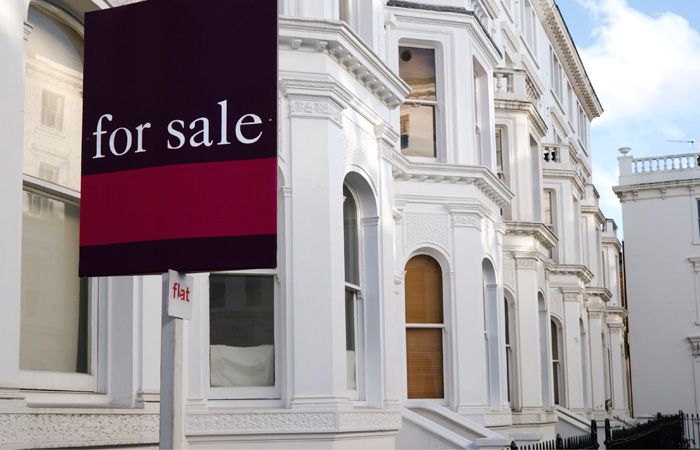
House prices remained largely flat and demand was at its weakest level since September 2023, according to property professionals polled for the latest Royal Institution of Chartered Surveyors’ index.
Both new buyer enquiries and agreed sales indicators moved deeper into negative territory in March, as macro-economic pressures and tariff wars weighed on sentiment, the survey found.
Estate agents and surveyors reported that the initial rush to complete sales before the April 1 deadline tailed off notably towards the end of March.
New buyer demand fell to a net balance of -32% in March, down from a reading of -16% overall last month.
Agreed sales also deteriorated to a net balance of -16% from -13% returned in the previous survey.
Three-month sales expectations suggest activity is likely to slow further.
The survey’s headline measure of house price sentiment showed a net balance of +2% this month, easing from readings of +20% and +11% in
January and February respectively.
This is consistent with price growth largely flattening out over the past few months, according to Rics.
In the rental market, a rise in tenant demand was reported by a net balance of +20% of respondents, the first increase since October last year.
Rics chief economist Simon Rubinsohn says: “The expiry of the stamp duty break was always going to lead to a pause in activity in the sales market.
“However, the latest results, and indeed the anecdotal remarks from respondents to the survey, suggest that the shift in sentiment has been aggravated by the slew of negative macro newsflow over the past few weeks.
“Looking forward, the impact on the market will in no small part depend on how the economy is affected by the emerging trade war and the response of the Bank of England to the shifting environment.
“For now, it is noteworthy that the longer-term RICS expectations metrics are still relatively resilient, but they have the potential to be blown off course if the tariff headwinds intensify.”



